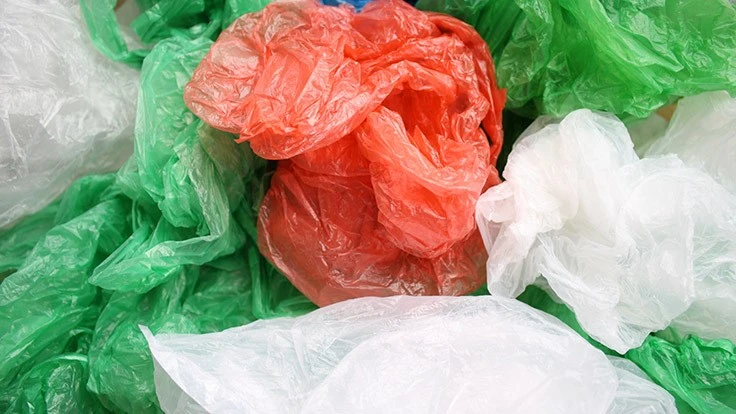
Canadian Prime Minister Justin Trudeau has announced that his government will ban single-use plastics in Canada under the Canadian Environmental Protection Act (CEPA) as early as 2021. The ban would include items such as bags, straws and cutlery.
According to a report from the Canadian Broadcasting Corp. (CBC News), Ottawa, Canada, a full list of banned items isn’t set in stone, but a source told the news organization that banned items could include items like cotton swabs, drink stirrers, plates and balloon sticks. Fast-food containers and cups made of expanded polystyrene (EPS) also will be banned. Trudeau says the government will research which items it should ban and the nation will likely follow the model chosen by the European Union.
The Canadian Plastics Industry Association (CPIA) and the Chemistry Industry Association of Canada (CIAC) report that they also fully endorse the objective of stopping waste, including plastic waste, from leaking into the environment. According to a joint news release from the two associations, the groups “welcome the plans for producer-led extended producer responsibility (EPR) initiatives which will lead to more harmonized collection and help build markets for recycled plastics.”
However, the two associations report that they want to “caution government not to predetermine the outcome and consider impacts throughout the lifecycle of plastic products and their alternatives. Any rush to judgment could have serious implications on industry’s ability to create a circular economy for plastics that supports a zero plastic waste strategy.” According to CPIA and CIAC, members of the two associations believe that creating an impression that safe, sanitary plastic materials are “toxic” through the CEPA legislation will make it difficult for Canada to achieve its zero-waste objectives.
The two associations report that they want to work with the federal government to support its science-based approach to finding a solution to eliminate plastic waste.
“Plastics are key to our modern and sustainable way of life, but they do not belong in the environment,” says Carol Hochu, president and CEO of CPIA. “We understand the urgency of the problem and are committed to being part of the solution.”
“CPIA and CIAC believe in the development of a circular economy for plastics as a resource to be kept in the economy and not leaked into the environment,” says Bob Masterson, president and CEO of CIAC. “Consumer education is important as we need a whole of society approach to the issue. Industry, governments, civil society and consumers must work together to solve this global issue.”
Latest from Recycling Today
- BMW Group, Encory launch 'direct recycling’ of batteries
- Loom Carbon, RTI International partner to scale textile recycling technology
- Goodwill Industries of West Michigan, American Glass Mosaics partner to divert glass from landfill
- CARI forms federal advocacy partnership
- Monthly packaging papers shipments down in November
- STEEL Act aims to enhance trade enforcement to prevent dumping of steel in the US
- San Francisco schools introduce compostable lunch trays
- Aduro graduates from Shell GameChanger program





